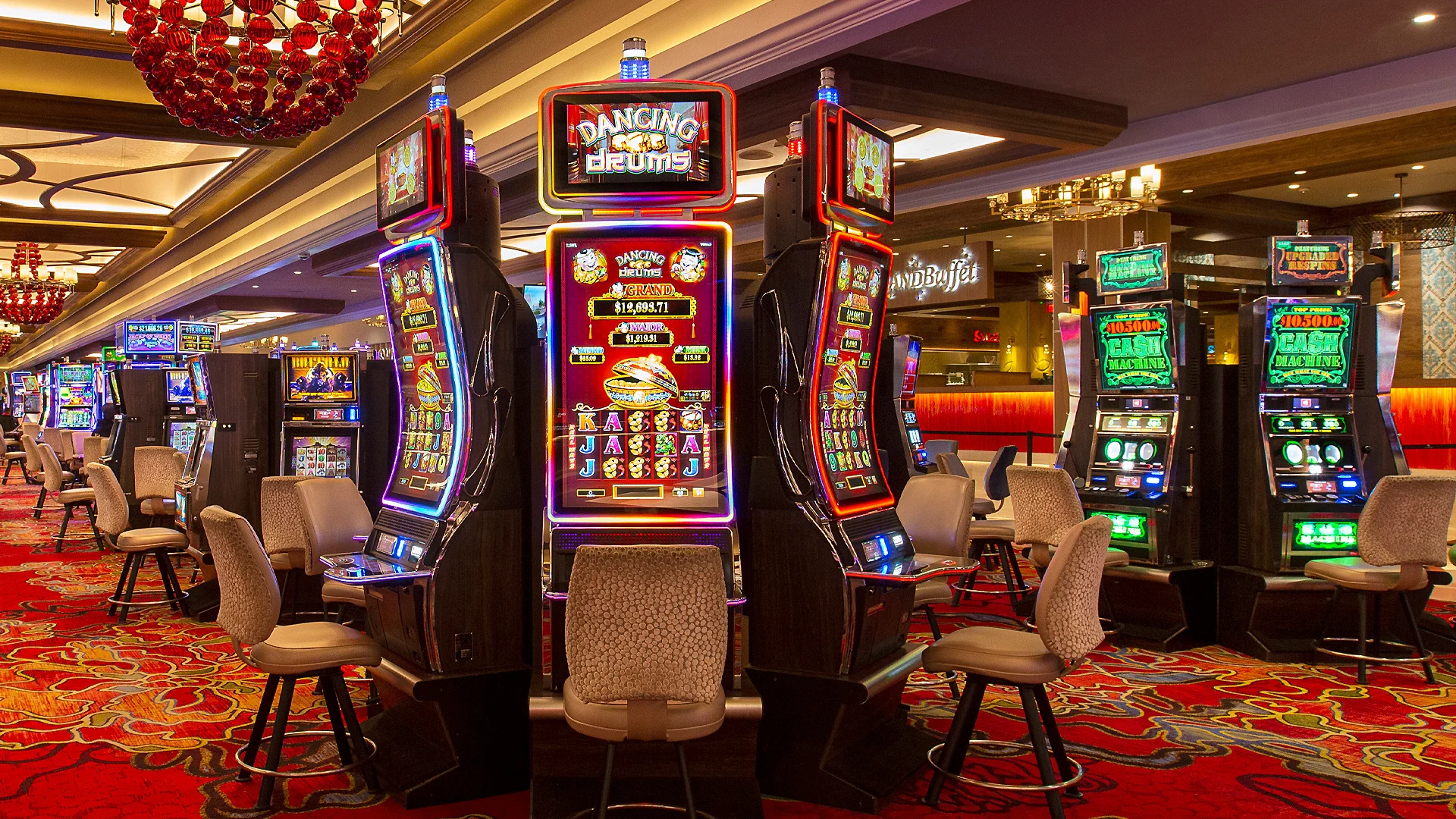Casinos trace their origins back to ancient civilizations like alexistogel China and Egypt, where rudimentary games of chance were played. These evolved into more structured forms in ancient Rome and Greece, setting the stage for later developments in Europe.
European Development
The modern concept of the casino emerged in 17th century Italy, with the word “casino” itself deriving from the Italian word for “little house.” Early casinos were established in Venice, becoming gathering places for nobles and commoners alike.
American Influence
Casinos gained prominence in the United States during the 19th century, particularly in frontier towns like Las Vegas and Atlantic City. They offered a mix of gambling, entertainment, and luxury accommodations, attracting visitors from around the world.
Evolution of Casinos
Technological Advancements
The 20th century saw casinos adopt new technologies such as slot machines and electronic gaming, revolutionizing the industry’s landscape. The introduction of digital platforms and online casinos further expanded accessibility and revenue streams.
Global Expansion
Casino culture spread globally, with destinations like Macau and Singapore becoming major gambling hubs alongside traditional centers in Europe and North America. Each region developed its own unique casino culture, blending local traditions with global gaming trends.
Casino Games
Table Games
Popular casino table games include blackjack, poker, roulette, and baccarat, each with its own strategies and variations. These games remain staples of casino floors worldwide, offering players both skill-based and chance-based opportunities.
Slot Machines
Slot machines, or “one-armed bandits,” have evolved from mechanical devices to digital interfaces with complex themes and gameplay mechanics. They are the backbone of many modern casinos, offering diverse experiences to players of all backgrounds.
Socioeconomic Impact
Economic Contribution
Casinos contribute significantly to local economies through employment, tourism, and tax revenues. They often support related industries such as hospitality, entertainment, and retail, creating a multiplier effect in their host communities.
Social Considerations
Critics highlight concerns over gambling addiction and social inequality associated with casinos. Regulatory frameworks aim to balance economic benefits with responsible gambling practices and community welfare.
Conclusion
Casinos have evolved from modest gambling houses to global entertainment destinations, shaping cultural and economic landscapes worldwide. As technology continues to advance, the future of casinos promises further innovation and integration into global leisure industries.

